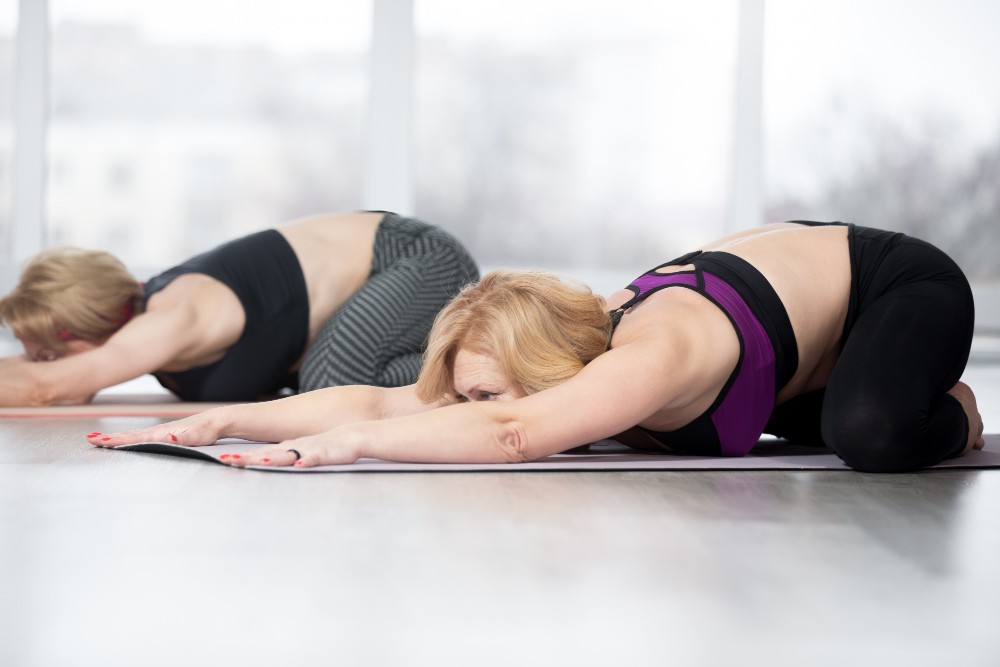Many people spend much of their day sitting, particularly those who work in front of computers for long hours. This sedentary lifestyle has become a hallmark of modern life.
While sitting itself may not seem harmful, prolonged sitting can lead to a range of health issues. These can include back pain, obesity, and even an increased risk of heart disease if this habit becomes a daily routine.
Dangers of Extended Sitting
Sitting for extended periods with minimal physical activity can heighten the risk of developing certain health problems, including:
Heart disease
Extended sitting reduces blood circulation and can lead to the buildup of plaque in the arteries, increasing the risk of heart disease.
Type 2 Diabetes
Long periods of sitting can decrease the body’s sensitivity to insulin, making it harder to regulate blood sugar levels. This can raise the risk of developing insulin resistance and type 2 diabetes.
Several types of cancer
Research has shown that sitting for too long without adequate movement may raise the risk of several cancers, including colon, uterine, lung, and prostate cancer.
Other risks
Sitting excessively without enough movement also contributes to weight gain and obesity, muscle weakness, lower back tension, and poor posture.
Habits to Adopt If You Sit Too Often
To counter the negative effects of sitting too much, there are several healthy habits you can incorporate into your day:
Stand up and move every 30 minutes
One of the simplest yet most effective ways to reduce the harm of prolonged sitting is to stand up and move around every 30 minutes. Standing boosts blood flow, helping to relieve stiffness in muscles that may become tight during long periods of sitting.
Do stretching exercises
Consider walking briefly around your workspace or doing simple stretches. Stretching can help alleviate muscle tension caused by sitting for too long.
Focus on stretching your back, hips, neck, and shoulders, as these areas are most impacted by extended sitting.
Maintain proper sitting posture
Poor posture while sitting can exacerbate the negative effects of sitting for extended periods. Be sure to sit with your back straight, shoulders relaxed, and feet flat on the floor.
Use a chair that supports your spine, or place a small pillow behind your lower back. Position your monitor at eye level to prevent neck strain.
Increase physical activity outside of work
If your job requires prolonged sitting, it’s important to increase your physical activity outside of working hours. You could engage in enjoyable activities like walking, cycling, swimming, or going to the gym.
Regular exercise not only mitigates the negative effects of sitting too long, but also enhances overall physical and mental well-being.
Stay hydrated
Drinking enough water throughout the day helps keep your body hydrated and prompts you to move. Every time you get up for a drink, take the opportunity to stretch your legs.
By following these tips, you can maintain your health and boost productivity. If you experience persistent discomfort, consult a doctor to receive appropriate care. You can also utilize the Ai Care consultation service by downloading it through the App Store or Play Store.
Want more health tips, first aid advice, and home remedies? Click here!
- dr Nadia Opmalina
Amanda Barrell (2023). What happens to the body after sitting down for too long?. Available from: https://www.medicalnewstoday.com/articles/sitting-down-all-day
NHS UK (2022). Why we should sit less. Available from: https://www.nhs.uk/live-well/exercise/why-sitting-too-much-is-bad-for-us/
Edward R. Laskowski, M.D. (2022). What are the risks of sitting too much?. Available from: https://www.mayoclinic.org/healthy-lifestyle/adult-health/expert-answers/sitting/faq-20058005
Cleveland Clinic (2024). Can Sitting Too Much Increase Your Cancer Risk?. Available from: https://health.clevelandclinic.org/dont-just-sit-there-get-moving-to-cut-your-cancer-risk
Harvard Medical School (2024). The importance of stretching. Available from: https://www.health.harvard.edu/staying-healthy/the-importance-of-stretching












